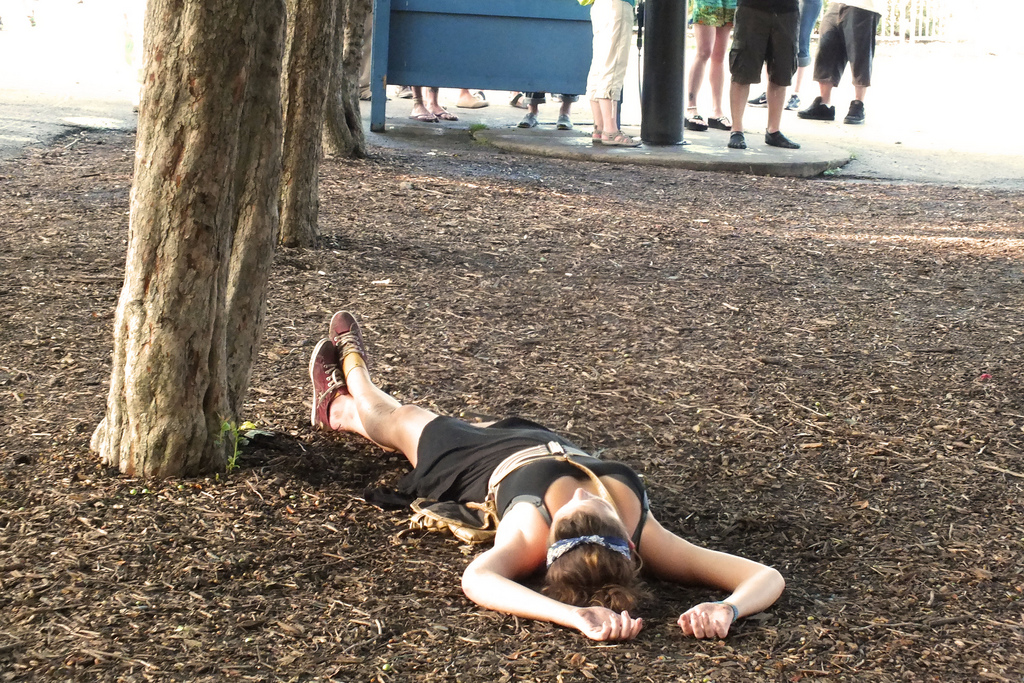A growing number of teens are abusing alcohol. Since young people’s brains are not yet formed, teen alcoholism can do lasting irreparable damage.
Many young people who drink are uninformed about the risks and the long-term negative health effects of alcohol. Adolescents may start drinking for many reasons including peer pressure and self-confidence issues. There are other physical, environmental and health dangers that make juvenile alcoholism especially dangerous.
Teens can begin drinking for many reasons, including:
Avoiding reality
 Just like adults, teens face many challenging problems. Sometimes instead of being able to deal with them they turn to alcohol. It can help temporarily distract from problems at school, with family and relationships. Drinking can offer some relief so they may keep drinking.
Just like adults, teens face many challenging problems. Sometimes instead of being able to deal with them they turn to alcohol. It can help temporarily distract from problems at school, with family and relationships. Drinking can offer some relief so they may keep drinking.
Marketing
Because of media aimed exclusively at teens, they are told that alcohol is cool. Teens are told that they will make friends by drinking. Trying alcohol even once can lead to addiction and can quickly become unmanageable.
Acceptance
During the formative high school years all teens want to be accepted. They will do pretty much anything to fit in. Drinking is seen as a way to decrease social anxiety and fit in with their peers.
The frontal region of our cerebrum, which is associated with organizational capabilities, isn’t yet formed in teens. Liquor can cause changes in teen behaviour, including recklessness and impatience.
Treating Alcoholism
Beating alcohol addiction should be done under the supervision of medical experts, with a prepared treatment plan. Patients who try and self-treat may cause more problems.
For example, the detox phase can involve intense side effects which are best treated in a recovery program.
Committing to a recovery program with the assistance of a medical professional gives you the best chance of long term success. Qualified professionals will direct you through each step of the treatment program to ensure you reach your goals. After your recovery an advisor will put you in touch with alcohol abuse counsellors and support groups, like AA and Al-Anon. This will guarantee you keep up your sobriety and to help you to meet different people who have beaten their alcohol addiction.
Recognizing alcohol abuse can prevent someone you love from becoming an addict.
In 2014, 16.3 million grown-ups in the U.S. had an alcohol disorder. Of those only 8.9 percent got treatment.
Many people think drinking in high school is normal, however teens are prime candidates for alcohol addiction.
Alcohol abuse amongst teens is rising, an estimated 855,000 youths ages 12 to 17 had a alcohol disorder in 2012.
Treating alcohol abuse comes down to noticing the symptoms before they become a chronic condition.
The number of adults seeking treatment has recently dropped to 1.2 percent., this is alarming.
If you need treatment and just find it easier to talk to someone, we encourage you to call a treatment advisor at 888-213-1552.














